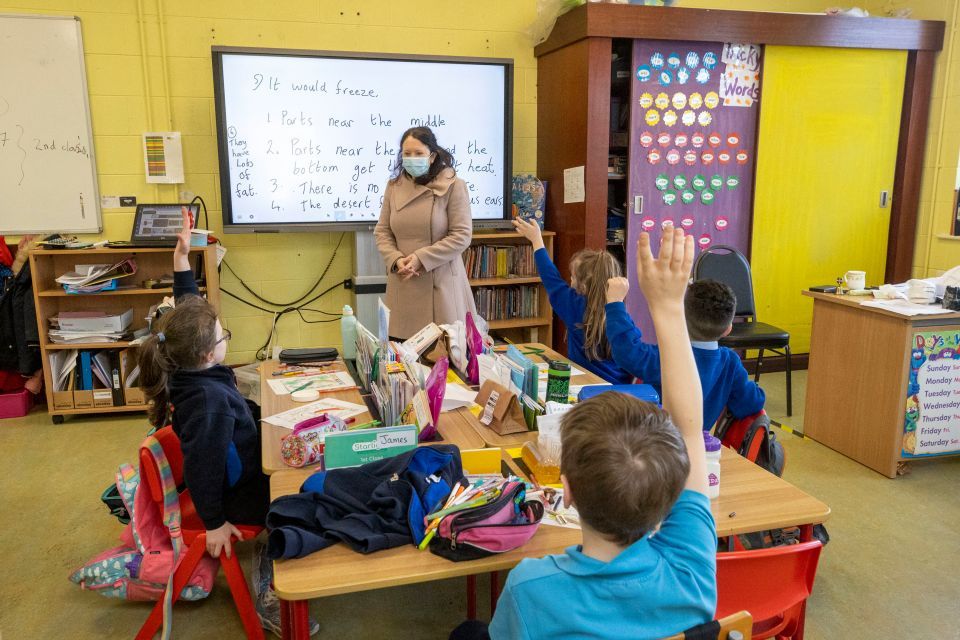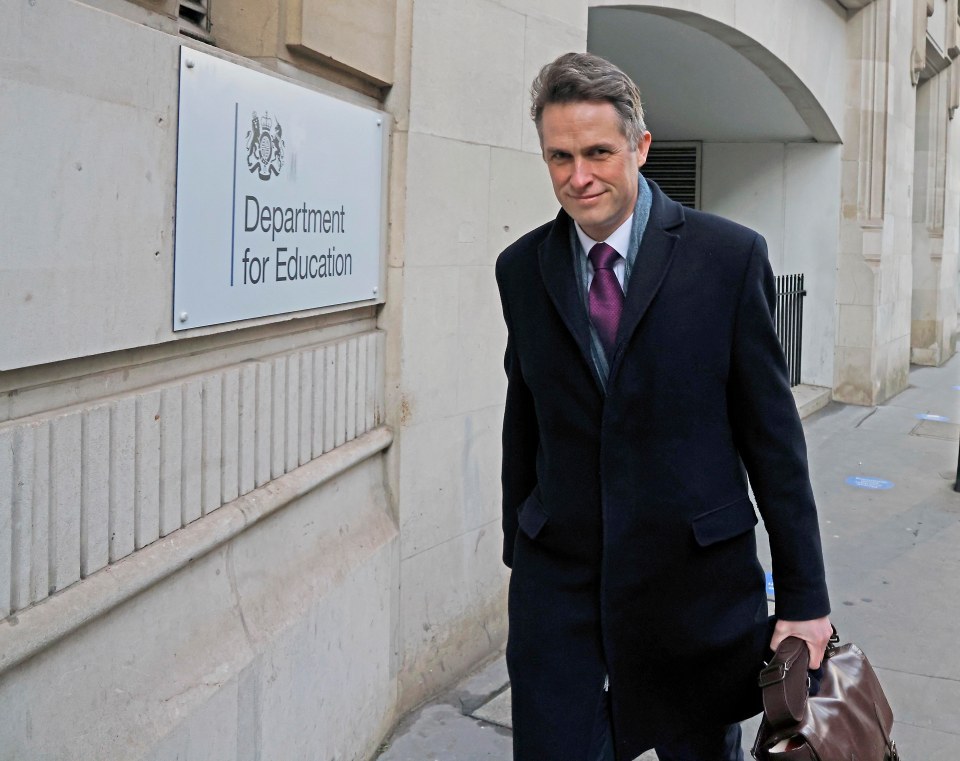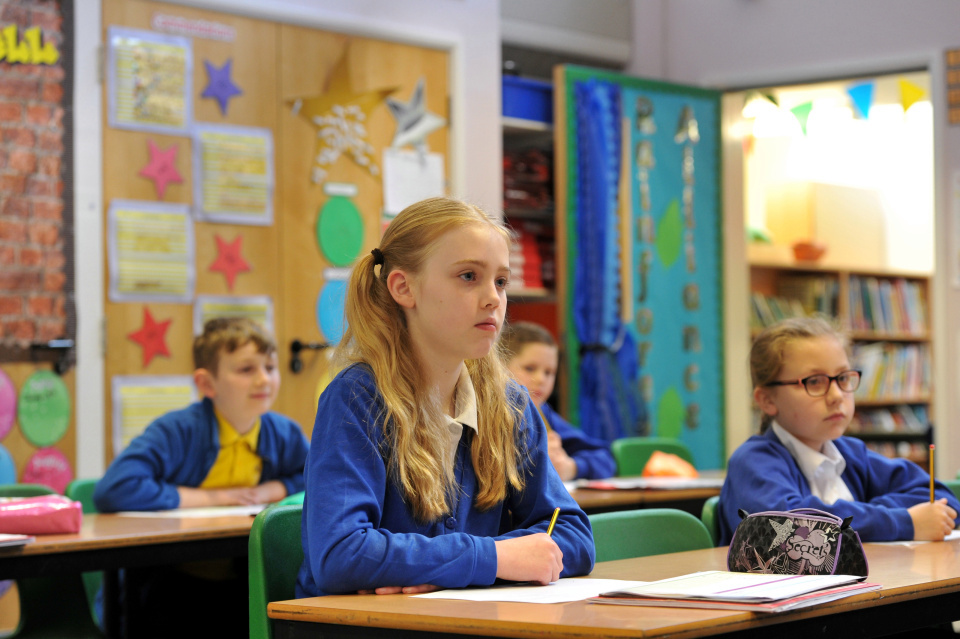SCHOOLKIDS’ summer holidays could be slashed for YEARS to help kids catch up from Covid disruptions, Gavin Williamson confirmed.
The Education Secretary said he is considering “major changes” to how schooling can be overhauled in the wake of the pandemic.

Read our coronavirus live blog for the latest news & updates…


Ministers have already announced that summer schools will be laid on this August to help pupils badly affected by the lockdowns.
But ministers are considering a far more radical change which could see the six-week summer hols cut permanently.
Mr Williamson said he has ordered his schools catch-up Tsar Sir Kevan Collins to look at the radical shake-up.
Tory MP Imrad Ahmad Khan urged the ministers to adopt the plan in the House of Commons today.
He said: “Summer holidays appear counterproductive for pupils, leading to a reduction in learning.
“Would you look into the proposal of restructuring the school year to reduce the length of summer holidays, a policy that will really benefit pupils and parents.”
Mr Williamson said the issue is an “important point”.
He added: “Sir Kevan Collins is looking across a whole broad range of different ways of giving children a boost – not just in terms of kids being able to catch up the learning they have lost.
“But to more fundamentally make major changes to how we drive educational attainment for a generation and more. All of this is something Sir Kevan will be looking at.”
There is growing evidence that kids forget a lot of their studies in the long summer holidays.
Ministers have pledged £1.7bn to help kids catch up on the year they have spent outside of the classroom during Covid.
Experts have warned it will take billions more pounds and many years to plug the gaping holes in kids’ education.

Boris Johnson declared last week: “When schools re-open on 8 March, I want to make sure no child is left behind as a result of the learning they have lost over the past year.”
Under new plans to catch up on lost time, teachers will be asked to cut short holidays to help secondary kids with face-to-face lessons before the new school year starts in September.
Ministers want Year 7 pupils to get first dibs on classes, but say they will leave it up to head teachers to pick who should get priority.
But despite the extra cash, one source said Downing Street was braced for another “almighty row” with hardline unions over the plan.
Mr Williamson was repeatedly pressed last week on whether the extra cash could be used to extend the school day or shorten the summer break.
He said: “We’re looking at a whole range of different actions. What we wanted to do is give schools the extra resources to take action immediately.
“The best support we can do is seeing children back in the classroom on March 8 – something all parents want to see, all children want to see, and teachers want to see.”
CATCH UP CLASS
Asked if he expects schools to be open in the summer, he replied: “We are giving schools the option of being able to draw down on this funding, we always see schools up and down the country doing so much of this.
“I would hope that all schools are able to do that. Take advantage of a funding that’s available, target that resource at those children who are most needed.”
He added: “What it does do is it gives schools the extra resource to be able to give extra pay for teachers to do overtime, support staff to do overtime, to help them assist with children to do that extra learning, that extra bit of education, that extra support that goes the extra mile and helps children to be able to bounce back from this pandemic.”
Mr Williamson said an extra two hours of tutoring over a 12-week period can help a child catch up on up to five months of lost learning.
Meanwhile, GCSE and A-Level exams have been axed this summer, it was announced in January.
Education Secretary Gavin Williamson said at the time: “I know what a challenging time this is for families, young people, and for everyone working so hard in education.
“I also know the enormous lengths that teachers and support staff have gone to throughout this pandemic – the benefit of that work on children’s education and wellbeing is quite simply immeasurable, and has enabled millions to be back in classrooms spending valuable time with their teachers.
“It is now vital that we support our young people at home, including making sure all students are receiving the best possible remote education, and that those students who were due to take exams can still progress to their next stage of education or training.”






